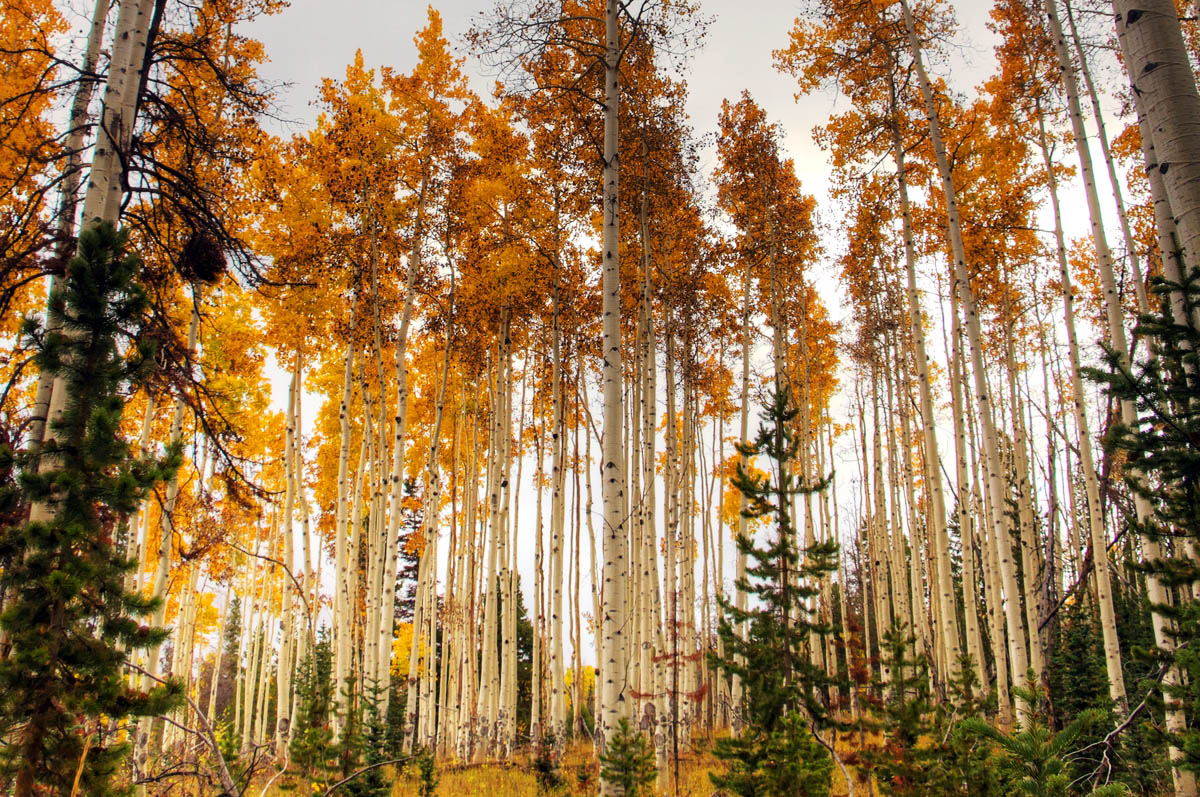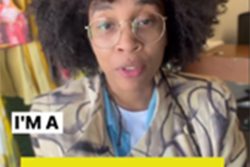 The soil takes on the appearance of a layer of gentle dust that rests upon the Earth – ready to be ploughed and watered, or carried away in trucks to a different land. It allows itself to be shaped into the cups that we press to our lips, or even to be beaten into walkways by the soles of our feet.
The soil takes on the appearance of a layer of gentle dust that rests upon the Earth – ready to be ploughed and watered, or carried away in trucks to a different land. It allows itself to be shaped into the cups that we press to our lips, or even to be beaten into walkways by the soles of our feet.
This rich part of our Earth that we trample and pollute is much more than it appears to be. Our soil, like the ocean, hides many secrets deep beneath its surface. Underneath the soil, there are metropolises filled with millions of organisms. There are seeds that are waiting to burst open with life. There are bones and shells that mark the existence of great creatures that roamed the planet far before our very existence.
Our soil is a gift whose mysteries are so well-hidden that we have begun to forget just how important it truly is.
Just like the soil, there are other aspects of our life and our world that we have begun to neglect, simply because we cannot see them all the time. One such thing is just how deeply we are connected to each other. We are connected by the soil we share – the home we live in. However, there are battles and problems that creep underneath the land like roots. These roots have captured and trapped some people while others remain oblivious.
Would you weep over the empty plate of a hungry child? Would you scream for justice for an innocent family killed in war? Would you fight to save animals from being murdered and tortured for the profit of businessmen?
The answers to these questions lie not in what we believe ourselves capable of doing, but in what we are already doing every single day. If we waste food, then we do not understand the pain of hunger. If we choose to wear leather and mount ivory on our walls, then we do not care to think about the animals killed for their skins and tusks. Finally, if we spectate injustice and crime right in front of us and say nothing, then it means that our voices will hold no power in great calamities such as war.
Recently, I discovered an interesting fact that reminds us of just how important our connection and empathy is. Have you ever wondered what the oldest living organism is? It is named ‘Pando’, derived from the Latin word meaning ‘I spread’. Pando is not a type of whale or tortoise, as you might expect. Instead, it is an enormously large grove of 47,000 Aspen trees. Although each tree in a grove is usually counted as a separate organism, this particular grove is taken to be one full organism because every tree is connected to each other through a complex root system. Their genetic makeup is identical as they all reproduce asexually unless prompted by extreme factors.
Within the manner in which Pando exists, lies the key for the prosperity of mankind. We must learn to live as a single body whose suffering and success are shared. We must remember that although we are different and live in different places, we are connected by deep and strong roots. Then, we too may find ourselves preserving the most beautiful parts of our species for 80,000 years.
Victor Hugo, a French poet, once said, “it is by suffering that human beings become angels.” We have celebrated World Peace Day on the 21st of September under the theme “Actions for peace: Our ambition for the global goals.” With Hugo’s words and this year’s peace day theme in mind, let us remember to open our eyes to the suffering that surrounds us and begin to act on it.










